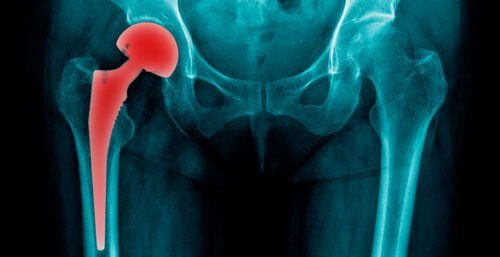We hear about them all the time in the news. We’ve seen exploding phones and faulty appliances. Even tainted foods and defective vehicles have all graced the front page of papers nationwide, because of concerns for consumer safety. There has been more than 20 major product recalls in 2016 alone. Perhaps most concerning, however, is the rise in incidents of medical device issues. From 2002 to 2013 there have been over 500 hip replacement recalls.
What Is a Product Recall?
Any products manufactured for public consumption could theoretically be subject to a product recall. Companies may choose to perform a voluntary recall if they discover an issue. Depending on how much potential for danger there is, the law may require the recall. Each country has its very specific Consumer Protection laws. Because there are always financial implications and any product recall, these rules will typically stipulate who is responsible for those costs. Also, it outlines any rules that dictate whether a recall is mandatory or voluntary. If you are affected by any product recall, it would be a good idea to review the specific laws in your State or Country. You need to ensure that both the company and yourself, are complying correctly.
So, we know what a Product Recall is.
Hip Fracture Injuries
In an aging population, hip injuries or fractures are commonplace. In fact, estimates show over 300,000 individuals ages 65 and older are hospitalized each year. And, most of those, upwards of 95%, are due to slips and falls.
More than three-quarters of those fractures occur in women. Their higher incidence of osteoporosis leads to brittle bones that are more prone to breakage.
Individuals that suffer hip fractures experience challenges, even after surgical replacement. There is always a concern for chronic pain. There is often some level of reduction in their ability to move around independently as well. As a result, somewhere between 10% and 20% of hip fracture patients end up requiring long-term nursing care.
Also, there are other concerns for complications after surgery. As with any surgical procedure, there is a risk of developing blood clots or an infection. Healthy bones could also sustain fractures during the process.
There are already many issues to consider when it comes hip replacement or any surgery. The last thing anyone wants to worry about is whether the product is unsafe or defective. Once the operation is complete if the device is found to be defective or dangerous, the harm is done.
Hip Replacement Devices
Several companies manufacture hip replacement devices. Depending on the material used in their manufacture, they fall into different categories. Devices made of ceramic, metal or plastic are the standard. The metal-on-metal versions held hope for increased mobility and therefore quickly became the more popular type.
Additionally, there are three types of hip surgery. They are Total Hip Replacement (THR), Partial Hip Replacement, and Hip Resurfacing.
Hip Replacement Recalls
As stated previously, there’s been 578 hip replacement product recalls through 2013. Five prominent manufacturers were at the heart of the bulk of those recalls. Biomet, DePuy, Smith & Nephew, Stryker, and Wright & Zimmer all had one or more of the products they manufacture, recalled.
Here are the recent recalls by manufacturer:
- DePuy ASR Acetabular & Resurfacing System
- Stryker Rejuvenate and ABG II Hip Recall
- Smith & Nephew R3 Acetabular, Modular SMF, Modular Redapt Femoral Hip Systems
- Wright Conserve Plus and Profemur Z Hip Stem
- Zimmer Durom Acetabular Component
Any injuries sustained from the use of a defective product, are the responsibility of the manufacturer. Product Liability Law dictates that the injured can hold them liable if:
- The product is defective
- The defect is responsible for the injury
- The defect was present after leaving the control of the manufacturer
A faulty product has a flaw in its design or manufacture. Additionally, incorrect or insufficient labeling can be an issue. The manufacturer is liable if any of these occur. Ample warning of all risks is also required.
The biggest problem with hip replacement recalls is this. Once the defect is discovered, it may already be too late. The devices may already be installed in quite a few individuals. A good example of this is in the DePuy case. By the time it came to light that there was an issue with their all-metal it had was installed in an estimated 500,000 individuals.
What Next?
In these types of cases, if you are a victim you MUST ensure compensation for your injuries. You could very well be entitled to compensation for your current and any future medical expenses as a result of your injury. You may also be entitled to recompense for lost wages, and even pain and suffering. Make sure, if you are the victim of one of these hip replacement recalls, that you get the representation you need.




